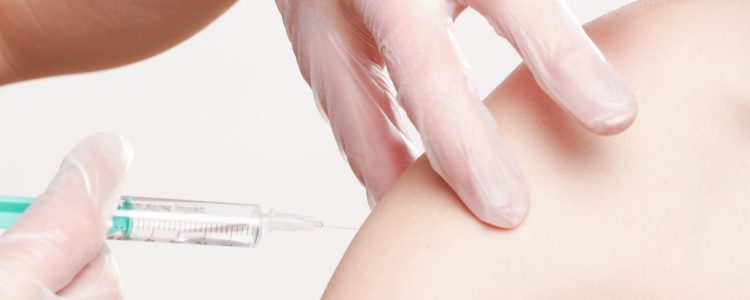What is Measles?
Measles is a highly contagious disease caused by the measles virus. It is an airborne disease and spreads from one person to the next through the coughs and sneezes of infected people. The disease infects the respiratory tract and then spreads throughout the body. Measles can affect anyone but is more common in children. It can cause serious complications, even death. However, you are likely to be immune if you have been vaccinated or have already had the disease.
Why are Measles Cases on the Rise in the UK?
Cases of measles are rising and outbreaks have occurred in London and the West Midlands. In England and Wales, there were 1,603 suspected cases in 2023, compared with 735 in 2022. Experts believe that the surge has been caused by a reduced uptake in the MMR vaccine. They put this down to several reasons, including parents not being aware that the NHS was still offering the measles vaccination during the COVID-19 pandemic, people ignoring the potential seriousness of the disease, patients having difficulty accessing medical appointments, and some people being convinced by anti-vaccine conspiracy theories.
Measles Symptoms and Risks
Symptoms usually begin 10-14 days after exposure and normally present like a cold. A prominent rash is the most visible manifestation. Measles symptoms may include:
- Cough
- Fever
- Red, sore, watery eyes
- Small white spots inside the cheeks and on the back of the lips
- A rash
The red or brown rash usually appears a few days after the initial cold-like symptoms. It normally begins on the face and upper neck and eventually spreads to the rest of the body. The measles rash is not normally itchy and usually lasts 5-6 days before fading.
Measles can lead to serious problems if the virus spreads to other parts of the body, such as the brain or lungs. These problems are rare, but some people are more at risk, such as babies, pregnant people, and those with weakened immune systems. More severe complications may include:
- Pneumonia
- Meningitis
- Seizures
- Blindness
- Diarrhoea
- Ear infections
The MMR Vaccine
The good news is that there is a safe, accessible, and very effective vaccine available. Being vaccinated is the best way to prevent illness or spreading it to other people The MMR vaccine also protects you from mumps and rubella.
The vaccine is composed of two doses and is offered to all children in the UK for free on the NHS. The two doses give long lasting protection against measles, mumps, and rubella. To achieve herd immunity, and to prevent measles outbreaks, around 95% of the population needs to have the vaccine.
The first dose is normally given at age one and the second at three years and four months. Those who have missed out on vaccination can also be treated. Ask your GP for further information.
Myths and Facts Around Measles
Myth: The MMR vaccine can cause autism
Fact: There is no evidence to support the theory that the MMR vaccine causes autism. There is, however, a substantial body of evidence showing that it does not cause autism.
Myth: Measles can be controlled with proper sanitation alone.
Fact: While better sanitation can reduce the risk of spreading or catching measles, its impact is limited as the disease is spread through the air.
Myth: The MMR vaccine is not effective against measles.
Fact: After two doses, around 99% of people will be protected against measles.
Myth: The vaccine can cause measles.
Fact: While the vaccine is made from a live virus, it is a weakened form so that it doesn’t cause the disease. This enables your immune system to identify the virus and establish immunity to it.
Measles and Travel Health: MASTA and Nomad are Here to Help
You are only at risk of measles infection if you have not been fully vaccinated or have not had measles in the past, and you travel to an area where the disease is spreading. Measles, mumps, and rubella diseases remain widespread in all areas of the world but are most common in Asia, Africa, and South America.
As measles is highly contagious and found in many countries, it is vital that you make sure you are fully vaccinated against measles at least 2 weeks before you travel. All travellers are at risk, especially those who are away for long periods visiting friends and relatives or those who are working or living closely with local populations.
Vaccines work best if given time to become active. The MMR vaccine can be given up to the day before you travel and will still provide some cover. If you have missed or not completed your vaccination course, contact MASTA or Nomad, travel health experts with an extensive number of locations across the UK, to talk with a specialist travel nurse.


No Comments
Be the first to start a conversation